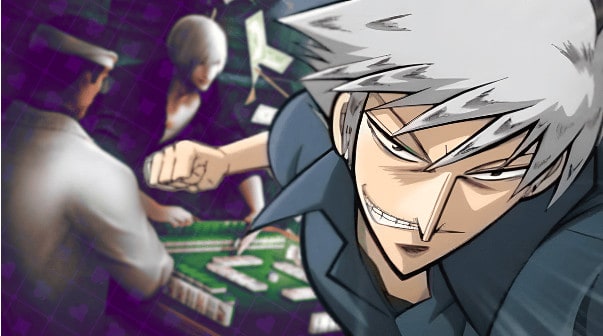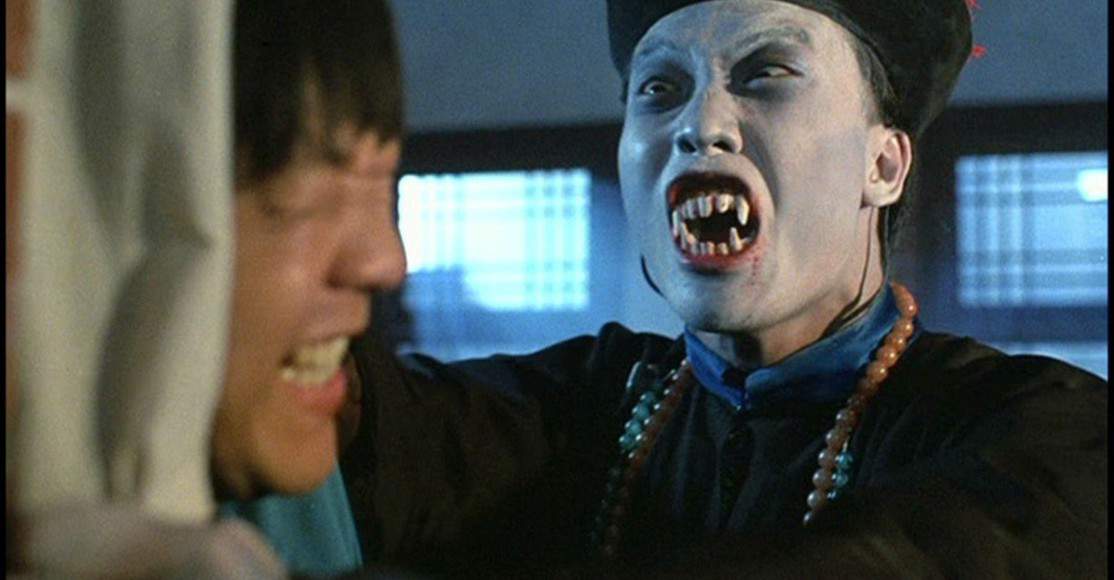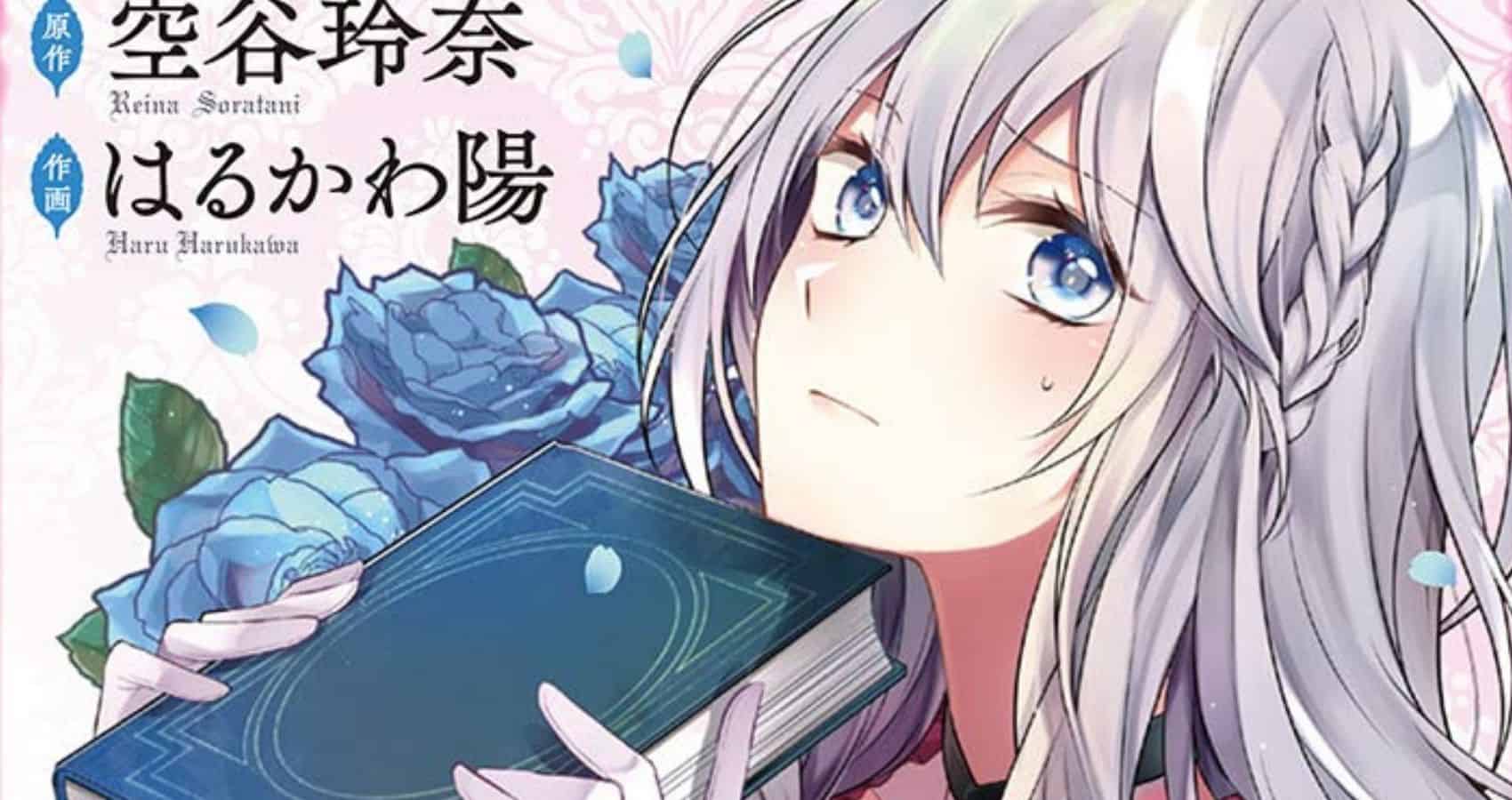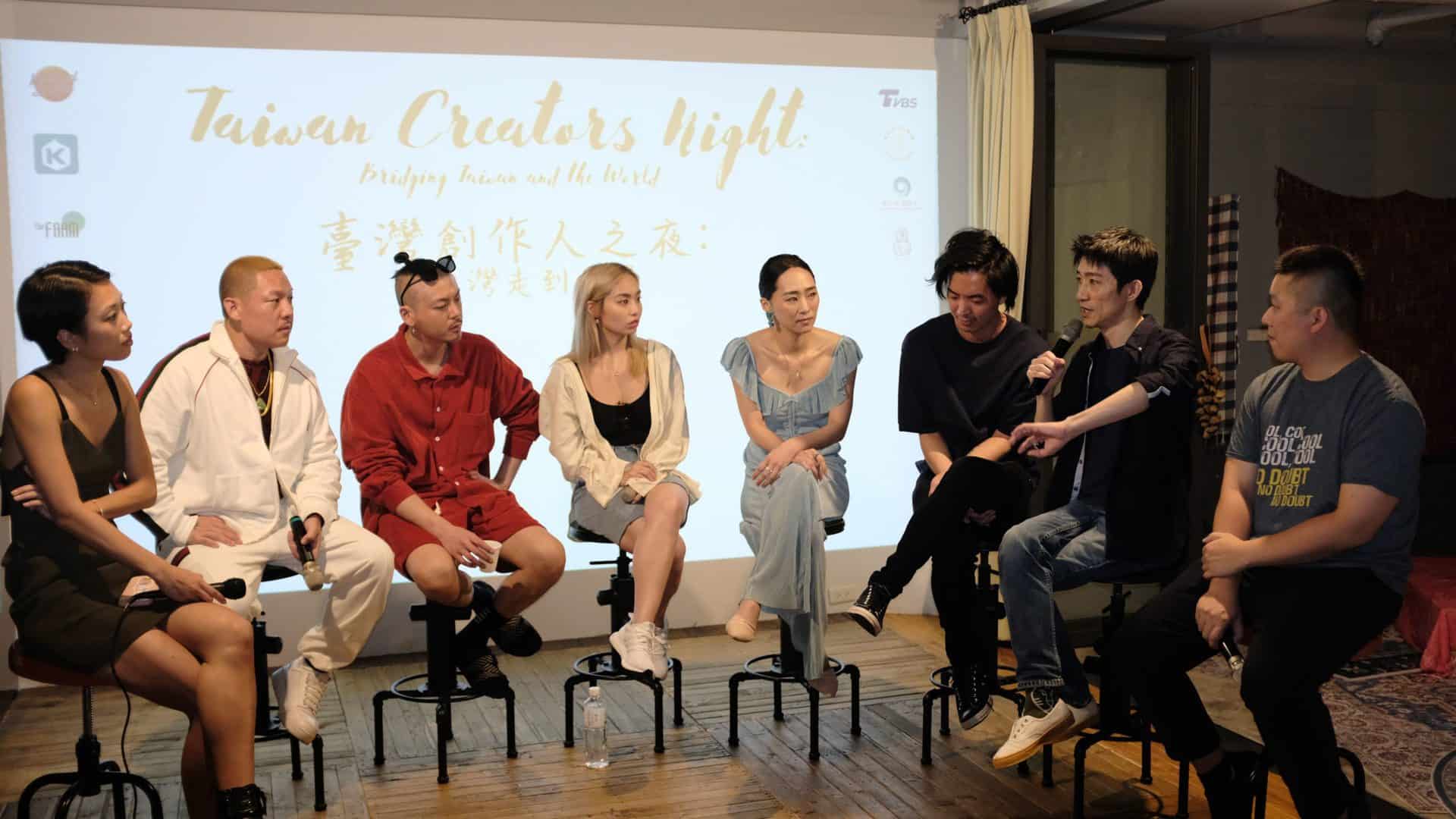“Akagi: The Genius Who Descended into Darkness” is a tour de force in the world of manga that transcends the traditional boundaries of its genre. Created by Nobuyuki Fukumoto and first published in 1991, “Akagi” tells the gripping story of Shigeru Akagi, a young man who, on a stormy night, stumbles into a yakuza-run mahjong parlor and begins an unexpected journey into the high-stakes world of underground gambling. With no prior knowledge of mahjong, Akagi demonstrates an innate talent for the game, coupled with a fearless approach to risk-taking, quickly making a name for himself as a prodigious gambler.
Over the years, “Akagi” has captivated readers with its intense psychological battles, intricate strategy, and the philosophical ponderings of its characters, cementing its place as a classic in manga literature. Its longevity is a testament to its broad appeal; while the manga is deeply rooted in the intricacies of mahjong, its allure extends far beyond the game itself.
Fans are drawn to “Akagi” for its complex character development, the portrayal of the human psyche under pressure, and the philosophical themes that run throughout the narrative. This enduring appeal has made “Akagi” a beloved series not only among mahjong enthusiasts but also among readers who seek a profound and thrilling narrative experience.
The Core of ‘Akagi’
『アカギ』の中心となるのは、その奥深さと複雑さが何十年も読者を魅了してきた謎めいた主人公、赤木しげるです。無謀な才能と、対戦相手を理解し操作する並外れた能力を持つティーンエイジャーとして、アカギは、一か八かの麻雀ギャンブルの危険な世界に真っ先に飛び込みます。彼のこの冥界への降下は、富や名声への単純な欲望によって動かされたものではありません。むしろ、赤城の飽くなきリスクへの欲求と、人間の可能性の限界に挑戦する不屈の探求こそが、彼を前進させる原動力となっている。アカギ ネタバレ 最新情報を求めるファンは、彼の冒険がどのような結末を迎えるのか、常に最先端の情報を追い求めています。
The storyline intricately weaves through Akagi’s numerous mahjong battles, each more dangerous and psychologically demanding than the last. These encounters are not merely games of chance but intense confrontations where strategy, psychology, and sheer nerve play critical roles. Akagi’s opponents are often seasoned gamblers and underworld figures with their own compelling backstories and motivations, which add rich layers to the narrative.
What sets “Akagi” apart from typical gambling stories is its profound exploration of psychological depth and character development. Nobuyuki Fukumoto masterfully delves into the minds of his characters, revealing their fears, ambitions, and inner turmoil. Akagi himself is a study in contradiction: a figure of both heroic brilliance and chilling detachment, whose motivations remain enigmatic even as he risks everything on the turn of a tile.
The manga explores themes of fate, destiny, and the nature of luck, questioning whether Akagi’s success is due to skill, divine intervention, or something entirely indefinable. While “Akagi” navigates the intricacies of mahjong, it mirrors the unpredictability and strategies found in modern gaming arenas like Bons Casino, where players confront similar battles of wit and fortune, albeit in a digital landscape. This connection highlights how “Akagi’s” themes are not confined to the manga pages but resonate with the real-world experiences of players seeking to master their fate in the face of chance, much like the visitors of Bons Casino.
Cultural and Psychological Themes
“Akagi: The Genius Who Descended into Darkness” is a rich tapestry of cultural and psychological themes that resonate deeply with its readers. At the forefront are the themes of risk, strategy, and survival, which are not only central to the game of mahjong but also to the human experience. Through the high-stakes world of underground mahjong, “Akagi” delves into these concepts, presenting them in a way that is both thrilling and thought-provoking.
- Risk
Risk is an omnipresent theme in “Akagi,” embodied by the protagonist’s fearless approach to gambling and life. Akagi’s willingness to stake everything, even his life, on the outcome of a mahjong game challenges conventional views on safety and security. This portrayal of risk speaks to the reader’s own experiences with uncertainty and the allure of taking chances in pursuit of something greater. Akagi’s philosophy suggests that true fulfillment comes not from avoiding risk but from confronting and mastering it.
- Strategy
Strategy in “Akagi” transcends the mere tactics of mahjong; it represents the broader application of intellect and cunning in navigating life’s challenges. The manga showcases the importance of strategy in achieving victory, whether through psychological manipulation, keen observation, or innovative thinking. Akagi’s battles are as much about outsmarting his opponents outside the game as they are about the tiles on the table. This emphasis on strategic thinking resonates with readers, highlighting the value of foresight and adaptability in overcoming obstacles.
- Survival
Survival in “Akagi” is depicted as a constant struggle against the odds, where success is never guaranteed, and failure can have dire consequences. The high-stakes environment of the mahjong underworld serves as a metaphor for the broader human struggle for existence and prosperity. Akagi’s journey is a testament to the human will to survive and thrive in the face of adversity, appealing to readers’ innate desire for resilience and triumph over life’s uncertainties.
- Human Nature and Psychology
Beyond the themes of risk, strategy, and survival, “Akagi” offers a profound exploration of human nature and psychology. The manga delves into the darker aspects of society, including greed, corruption, and the thirst for power, through the lens of mahjong. It examines how individuals respond to extreme pressure, revealing the depths of human cunning, the capacity for self-destruction, and the complex motivations that drive behavior. This exploration of psychological depth adds layers of complexity to the narrative, challenging readers to reflect on their own values and decisions.
Through its exploration of these themes, “Akagi” transcends the confines of a typical mahjong manga, becoming a compelling study of culture, psychology, and the human condition. Its enduring appeal lies in its ability to engage readers with its thrilling narrative while prompting them to ponder deeper questions about life, strategy, and the nature of risk.
Impact on Mahjong’s Popularity
The influence of “Akagi: The Genius Who Descended into Darkness” on the perception and popularity of mahjong cannot be overstated. Nobuyuki Fukumoto’s compelling narrative and the intricate portrayal of the game have significantly contributed to a renewed interest in mahjong, both in Japan and around the globe. Through its gripping depiction of high-stakes gambling and psychological warfare, “Akagi” has transformed mahjong from a traditional pastime into an arena of thrilling intellectual and emotional battles, appealing to a wider and more diverse audience than ever before.
In Japan, where mahjong has been a popular recreational activity for decades, “Akagi” has played a pivotal role in elevating the game’s cultural status. The manga has inspired a new generation of players, intrigued by the strategic depth and psychological aspects highlighted in the series. Anecdotal evidence suggests that there has been an increase in the number of young people visiting mahjong parlors, eager to learn the game and experience the excitement depicted in “Akagi.” Additionally, the manga has spurred the formation of mahjong clubs and societies in schools and universities, where students gather to play and improve their skills, mirroring the competitive spirit of Shigeru Akagi.
Internationally, “Akagi” has been instrumental in introducing mahjong to audiences unfamiliar with the game. The manga’s translation into various languages and its adaptation into an anime series have broadened its reach, captivating readers and viewers worldwide. This exposure has led to a growing interest in mahjong outside of its traditional East Asian base, with online platforms and international mahjong organizations reporting an increase in members and participants from across the globe. The allure of the game, combined with the intrigue of “Akagi’s” storyline, has encouraged many to learn mahjong, participate in tournaments, and even establish local clubs.
Beyond increasing the game’s popularity, “Akagi” has facilitated a cultural exchange around mahjong, bridging gaps between enthusiasts from different backgrounds. The manga has sparked discussions and forums dedicated to mahjong strategy, the nuances of Japanese mahjong rules, and the cultural significance of the game. Through “Akagi,” mahjong has transcended its role as a mere game, becoming a medium for cultural understanding and international camaraderie.
In conclusion, “Akagi” has had a profound impact on the perception and popularity of mahjong, revitalizing interest in the game and introducing it to a global audience. By portraying mahjong as a battleground of wits and courage, the manga has not only increased the number of players and clubs but also fostered a deeper appreciation for the cultural and strategic aspects of the game. As a result, “Akagi” has cemented its legacy not only as a beloved manga but also as a catalyst for the growing global fascination with mahjong.















